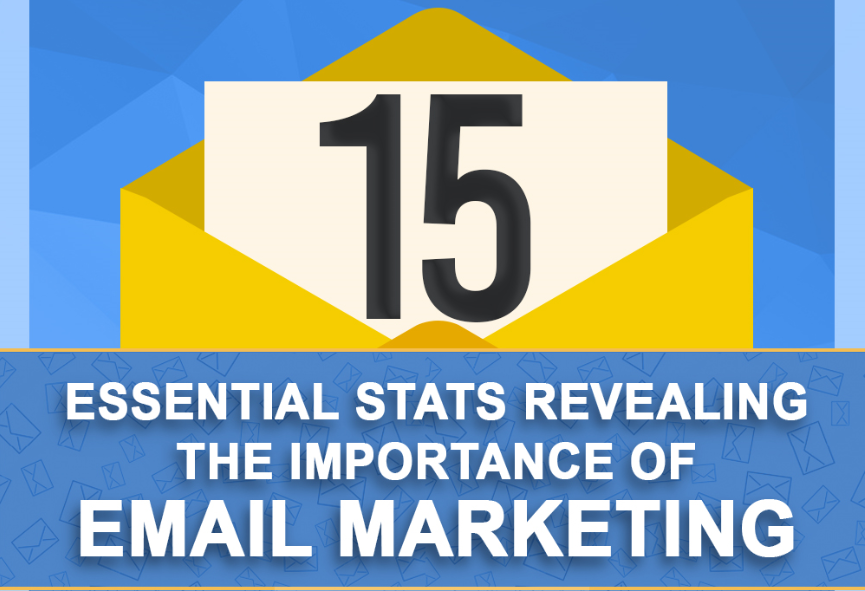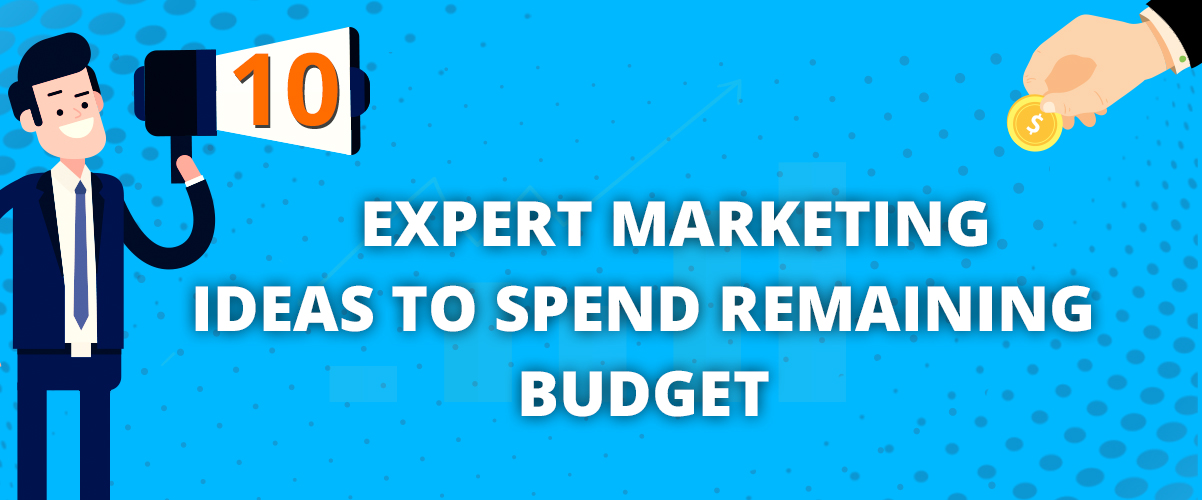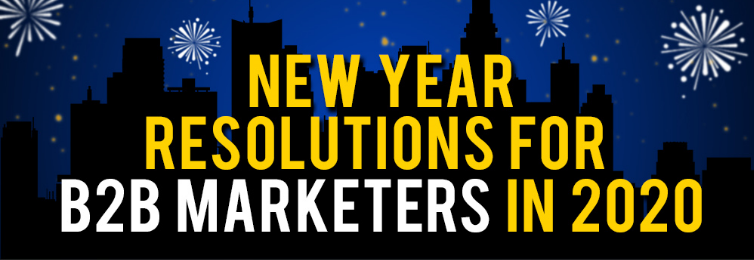Automating mundane and repetitive tasks is the order of the day for companies that want to leverage creativity, problem solving, and cognitive intellect of its workforce. Not long ago, the populace believed automation would replace humans. Today there isn’t the dearth of evidence to prove that automation would, in fact, enhance humans.
The same applies in the realm of B2B marketing. Marketing Automation will not replace marketers, but will instead help them in streamlining and enhancing specific activities. Marketers, therefore, will spend more time in handling demanding concerns.
Let us try to understand, based on the infographic that follows, how Marketing Automation will impact the B2B landscape.
Marketers leverage Automation tools to
• Create better email campaigns
• Enhance social media posts
• Obtain relevant content
• Enhance the overall Digital Marketing processes
To consequently create more personalized, meaningful customer journeys.
Marketing Automation is used by 51% of companies worldwide, with 58% of B2B companies planning to adopt it in near future. (Source: Emailmonday, 2019)
Table of Contents
1. Adoption & Growth of Marketing Automation
• The US Marketing Automation Industry = $6.1B, Growing Annually @ 20%+. (Source: SharpSpring)
• Marketers using at least one type of Marketing Automation tools = 75%. (Source: Social Media Today)
• Marketing Automation is 1 among the 4 most popular ways to create personalization. (Source: House of Marketing)
• Annual spending on Marketing Automation tools = $11.4 billion in 2017 to $25.1 billion in 2023. (Source: Forrester)
• Growth of Marketing Automation technology @ 14% CAGR by 2023.
o Through-channel marketing automation @ 25%.
o Lead-to-revenue automation @ 19.4%.
(Source: Forrester)
KEY POINT: Marketing Automation is growing fast and being adopted over a wider B2B landscape.
2. Benefits of Marketing Automation in B2B
• B2B marketers applying marketing automation stumble upon a 10% increase in their sales-pipeline contribution. (Source: Forrester)
• The top 2 advantages of Marketing Automation as per B2B marketers are
o Improved user experience and relevance of communications (60%)
o Identification of better quality leads
• The least quoted benefits of Marketing Automation are:
o Shorter Sales Cycles (22%)
o Improving departmental alignment (21%)
(Source: Communigator and SmartInsights “Managing B2B Marketing Automation”, 2019)
KEY POINT: Marketing Automation is highly beneficial for B2B companies.
3. How effective is Marketing Automation?
• 53% of marketing influencers believe Marketing Automation Email and CRM to be the most effective types of technology used in marketing. (Source: Ascend2 “Marketing Technology Utilization Survey”, 2019)
• Only 27% of marketing influencers find Marketing Automation/Email/CRM difficult to utilize.
(Source: Ascend2 “Marketing Technology Utilization Survey”, 2019)
KEY POINT: Majority of the industry decision-makers find Marketing Automation effective.
4. Barriers to the adoption of Marketing Automation
The most Challenging barriers to marketing automation success are:
• Delivery of personalized content (44%)
• Integration of all marketing systems (43%)
• Devising a successful strategy (38%)
• Enhancing the user experience (37%)
• Streamline the marketing processes (30%)
• Ameliorating measurement and reporting (30%)
All of the aforementioned challenges arise due to the difficulty of technology integration.
(Source: Ascend2 “Optimizing Marketing Automation survey”, June 2018)
KEY POINT: The complexity of technology integration is the most challenging barrier to Marketing Automation.
5. How are Businesses Leveraging Marketing Automation for Success?
• 33% of email marketing campaigns are automated. (Source: DMA UK “Marketer email tracker”, 2019)
• The top three marketing automation techniques used are:
o Email automation (64%)
o Profiling and Targeting (26%)
o Personalization using dynamic content (23%)
(Source: SmartInsights and Getresponse)
• Less than 3 in 10 (28%) companies use many Marketing Automation features.
(Source: SmartInsights and Getresponse)
KEY POINT: Businesses are not making the most out of Marketing Automation
Conclusion:
Marketing Automation promises to enhance the campaigns of B2B companies by leaps and bounds. Despite having conspicuous advantages, there are challenges to its hassle-free adoption and growth—technical complexity in its integration being the foremost. It is important for B2B companies to eliminate the barriers and embrace Marketing Automation as it helps to:
• Generate high-quality sales-ready leads
• Save time and capital on marketing
• Growth of ROI & revenue quickly





